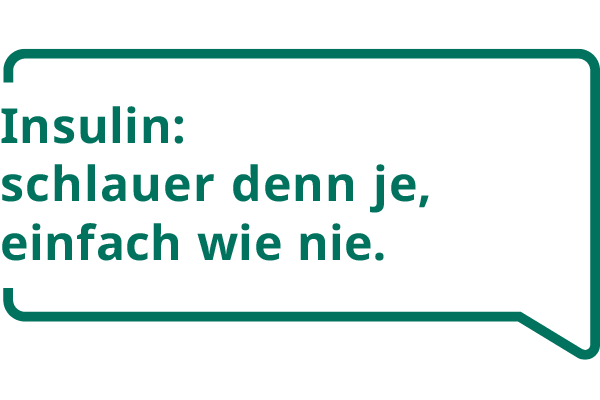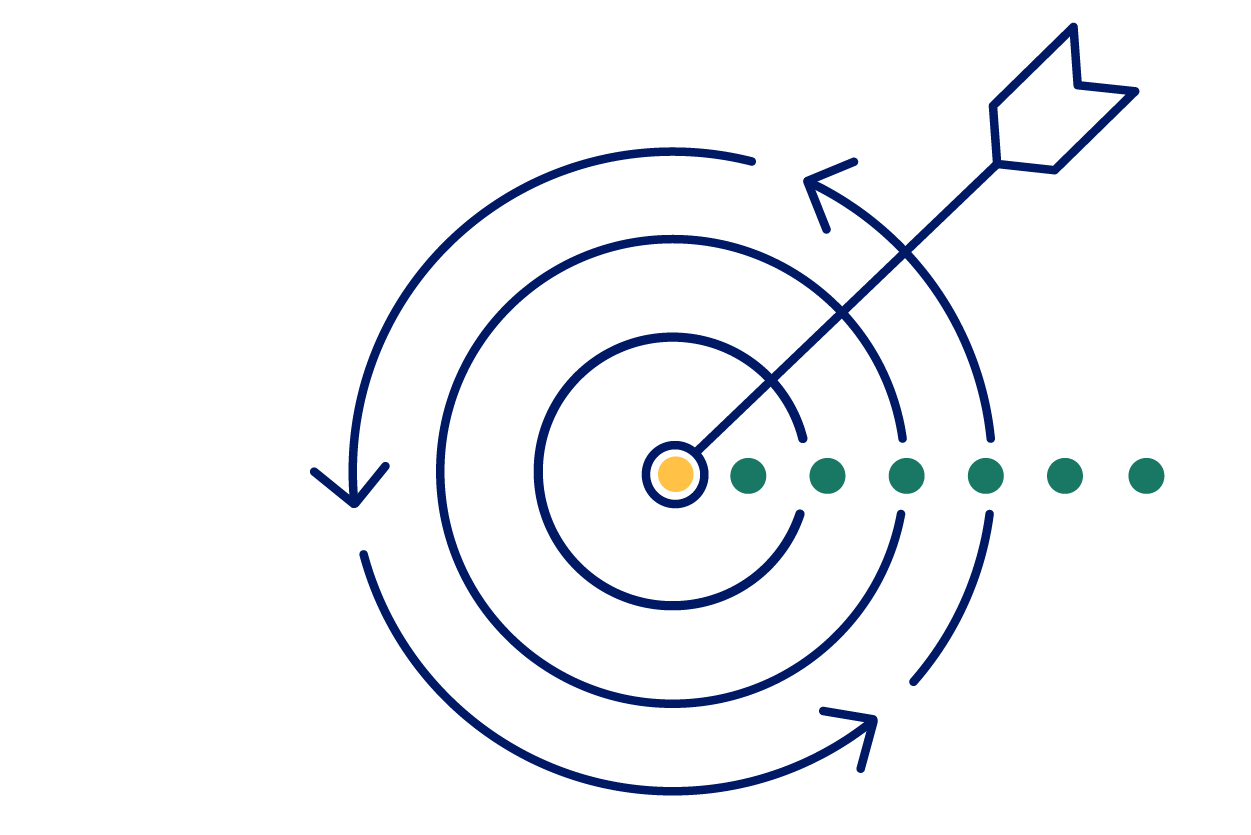
Innovationen sind in der Diabetesbehandlung seit jeher der Schlüssel, um das Leben der betroffenen Menschen zu erleichtern und den Therapieerfolg zu verbessern. Die vielfältigen Herausforderungen im Praxisalltag der Ärztinnen und Ärzte zeigen einen akuten Bedarf nach Weiterentwicklung und Optimierung der Insulintherapie. Oft können mehrere Jahre verstreichen, bis eine notwendige Initiierung der Insulintherapie bei glykämisch unzureichend eingestellten Menschen mit Typ 2 Diabetes erfolgt.1
Erfahren Sie mehr darüber, wie wir das Basalinsulin neu erfinden und die Insulintherapie vereinfachen können.


Khunti K, Wolden ML, Thorsted BL et al. Clinical inertia in people with type 2 diabetes: a retrospective cohort study of more than 80,000 people. Diabetes Care. 2013; 36(11):3411- 3417.
Peyrot M, Barnett AH, Meneghini LF et al. Insulin adherence behaviours and barriers in the multinational Global Attitudes of Patients and Physicians in Insulin Therapy study. Diabet Med. 2012;29(5):682-689.
Landgraf R, Aberle J. Hundert Jahre – Insulin bleibt aktuell und notwendig. Diabetologie und Stoffwechsel 2021;16(02):149-161.
Aberle J. "Unmet needs" in der Therapie des Diabetes mellitus Typ 2: Wie können Barrieren gegen die Insulintherapie überwunden werden? MMW-Fortschritte der Medizin 2023; 165 (S4): 3–11
Paul SK, Klein K, Thorsted BL et al. Delay in treatment intensification increases the risks of cardiovascular events in patients with type 2 diabetes. Cardiovasc Diabetol. 2015;14:100.
Stratton IM, Adler AI, Neil HA et al. Association of glycaemia with macrovascular and microvascular complications of type 2 diabetes (UKPDS 35): prospective observational study. BMJ. 2000;321(7258):405-412.
Cani CG, Lopes Lda S, Queiroz M et al. Improvement in medication adherence and self-management of diabetes with a clinical pharmacy program: a randomized controlled trial in patients with type 2 diabetes undergoing insulin therapy at a teaching hospital. Clinics (Sao Paulo). 2015;70(2):102-106.
Donnelly LA, Morris AD, Evans JM; DARTS/MEMO collaboration. Adherence to insulin and its association with glycaemic control in patients with type 2 diabetes. QJM. 2007;100(6):345-350.
Khunti S, Khunti K, Seidu S. Therapeutic inertia in type 2 diabetes: prevalence, causes, consequences and methods to overcome inertia. Ther Adv Endocrinol Metab. 2019;10:1-11.
https://www.nobelprize.org/prizes/themes/august-krogh-and-the-nobel-prize-to-banting-and-macleod/ (retrieved 08 March 2024)
Sims EK, Carr ALJ, Oram RA et al. 100 years of insulin: celebrating the past, present and future of diabetes therapy. Nat Med. 2021;27(7):1154-1164.
Kurtzhals P, Nishimura E, Haahr H et al. Commemorating insulin´s centennial: engineering insulin pharmacology towards physiology. Trends in Pharmacological Sciences, August 2021; 42(8):620-639















